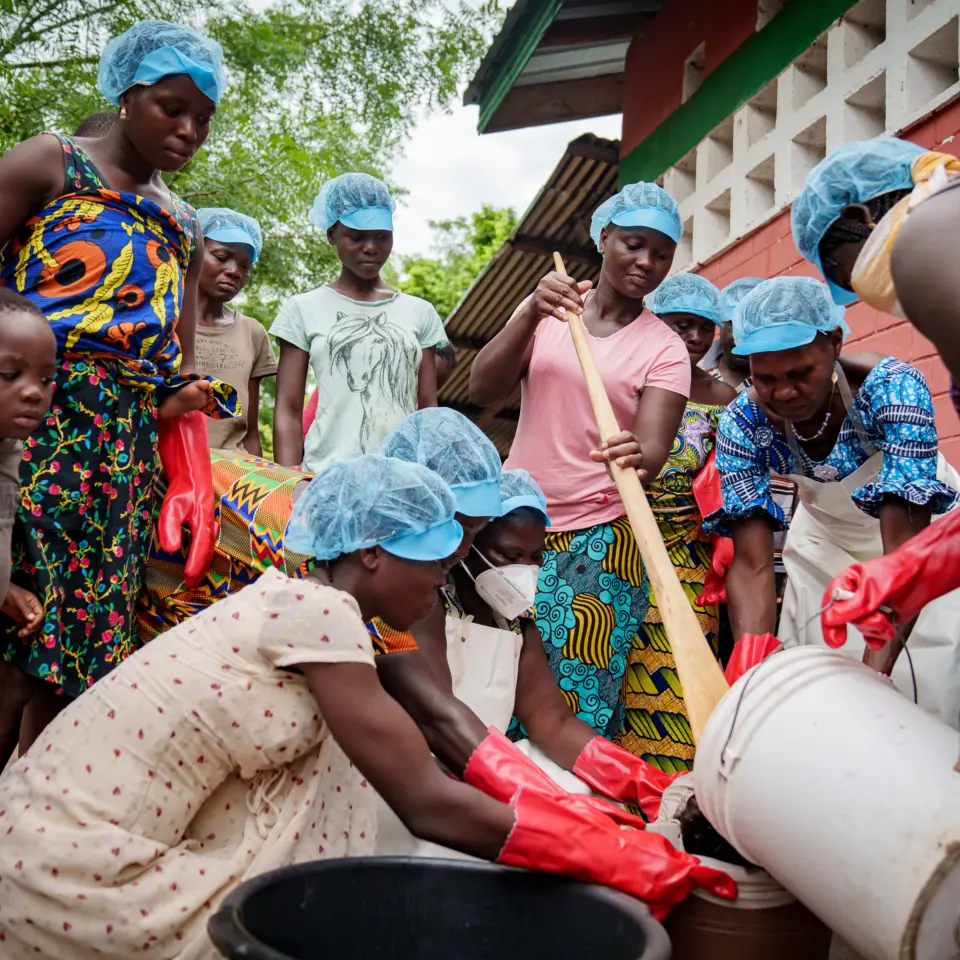
Climate projects
PROJECT TOGO
PROJECT TOGO connects your contribution to climate projects with real impact. Forest, education and opportunities for people and climate.
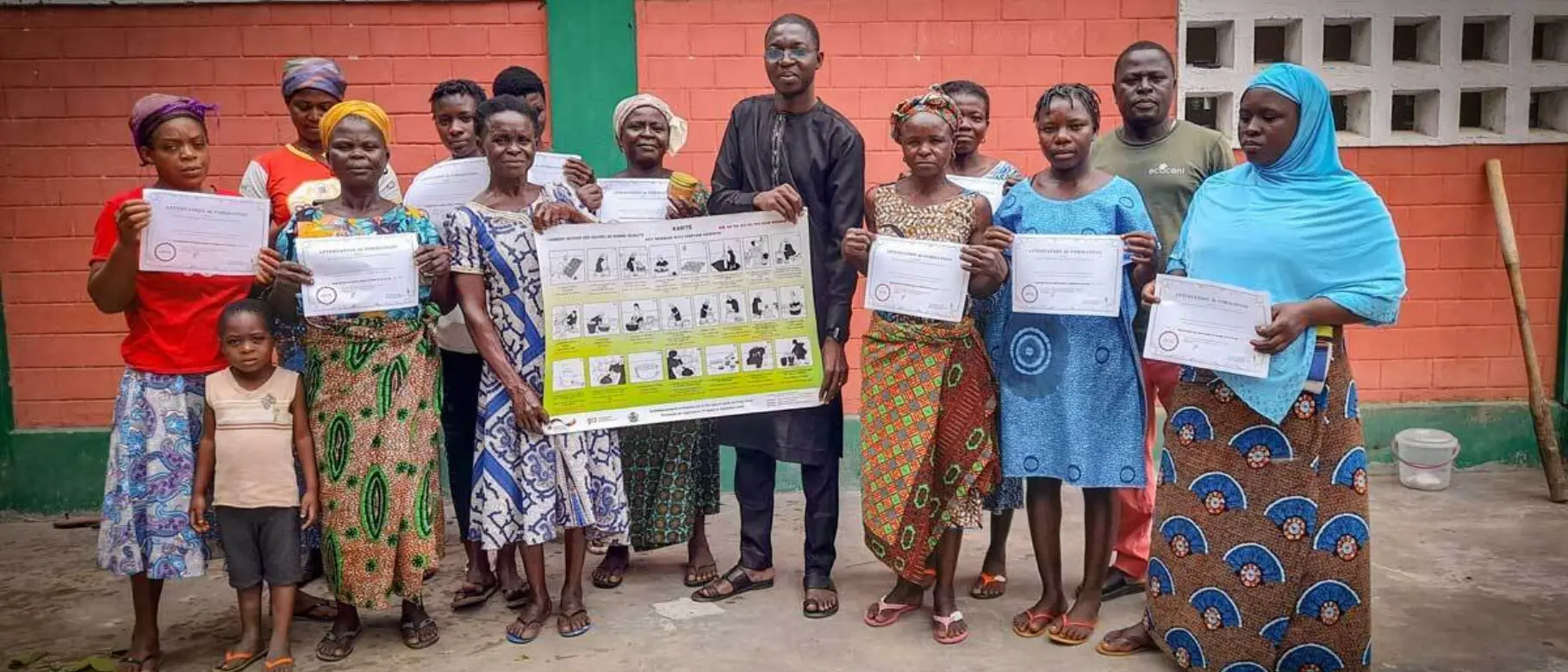
Something remarkable is happening in a small cooperative in Togo: women who previously produced palm oil and soaps are learning the art of professional shea butter production. Three days of intensive training, 20 motivated participants and an expert from Benin - sounds like a normal training program. But it is not. Because this is about much more than just a new product. It's about independence, quality and the silent revolution of a community that is taking its future into its own hands. A story about small steps with a big impact.
It is one of those warm days in Togo when the air shimmers over the red dirt roads. The small cooperative is a hive of activity - as is so often the case. The women here have long since made a name for themselves with their red palm oil and handmade soaps. A well-rehearsed team, you could say. But anyone who knows the women knows that they have been thinking ahead for a long time.
Something new is being created behind the production buildings. The women are creating their own palm plantation - but not in the way you might expect. Instead of endless rows of identical palm trees, you can see a colorful jumble of different plants. The experts call this an agroforestry system. "We don't want to be dependent on the prices on the market," explains one of the women as she examines a young palm seedling. The prices for palm fruit stands fluctuate quite wildly. Sometimes they are affordable, sometimes unaffordable. With their own plantation, they can plan ahead - and protect the environment at the same time.
At the same time, the women are venturing into something completely new. At the end of July, a special guest came to visit: a specialist in shea butter production traveled all the way from northern Benin. There, where the processing of shea nuts has been part of the culture for generations. 20 women - most of them from the cooperative - have registered for his training course. The aim is clear: they want to learn how to produce shea butter that really meets professional standards. Because not all shea butter is the same.
The first day starts quietly. Theory is on the agenda. The teacher talks about the importance of the shea nut, explains quality standards and shows what is important when harvesting and storing. The women listen attentively - they know that every detail can become important later on.
The second day is more practical. Now it's time to chop, roast and grind. During the kneading, it quickly becomes clear that the nuts they are using for the exercise are not perfect. Stored for too long, not optimally dried. "You can see straight away what happens if you're not careful," smiles the teacher. A lesson for life.
The third day is the most exciting. Now the women have to do it themselves. Step by step, they demonstrate the entire production process. Measuring the temperature, observing cooking times, paying attention to hygiene. Then the washing out, the preparation of the oil. At the end there is the quality control: color, texture, smell - everything has to be right.
When everyone holds their certificates in their hands at the end, there is great joy. But this is actually just the beginning. Because this training course has given the women much more than just knowledge about shea butter. They have learned how high-quality food processing works - knowledge that they can also use for their existing products. "Now we understand much better what is important," says one of the participants. "In everything we do."
The story of this cooperative in Togo shows how change really works. Not with grand gestures or expensive programs, but with practical knowledge and a willingness to learn new things. The women are gradually becoming more independent, expanding their skills and creating jobs in their community. Sometimes it is the quiet revolutions that have the most lasting effect. One shea nut at a time.
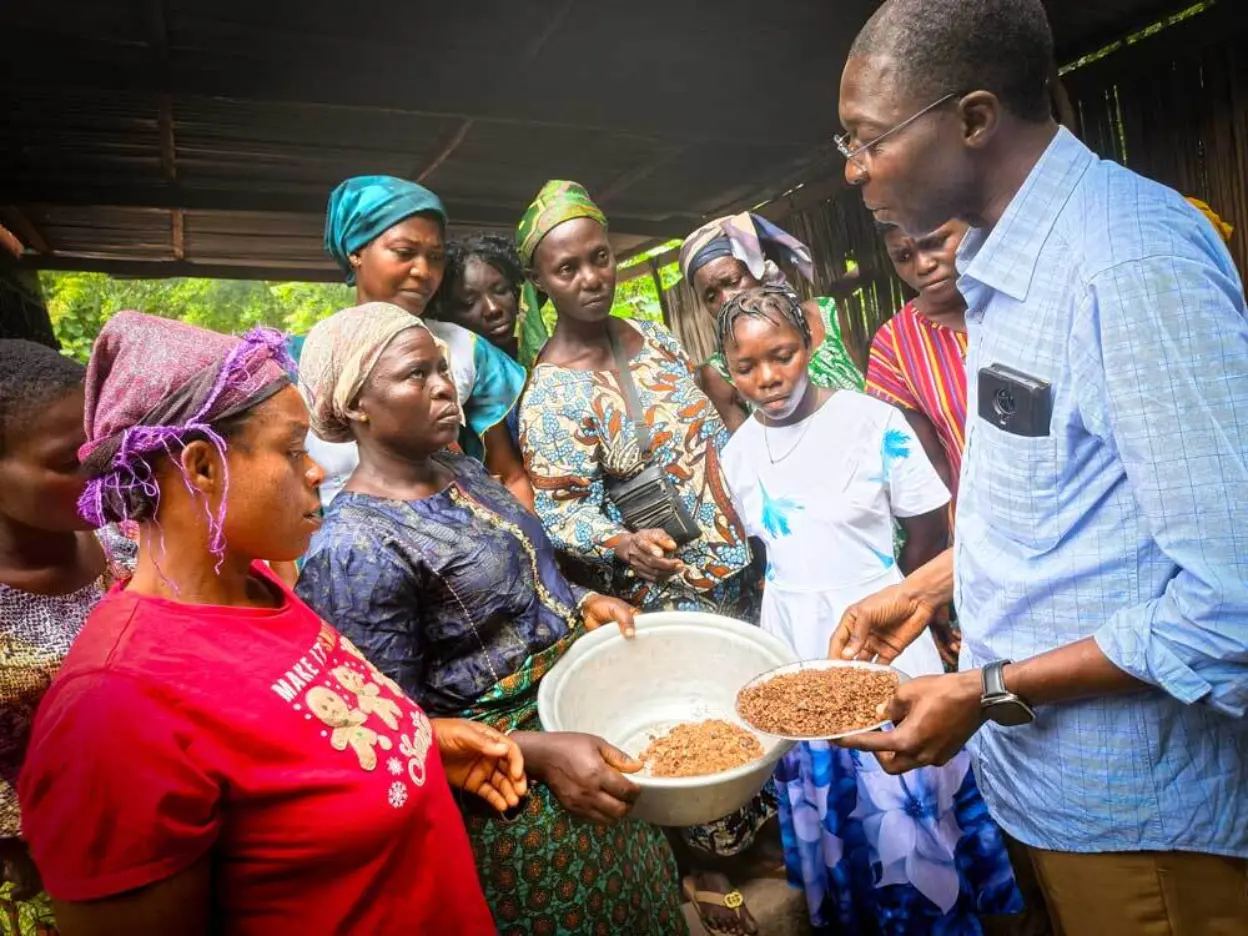
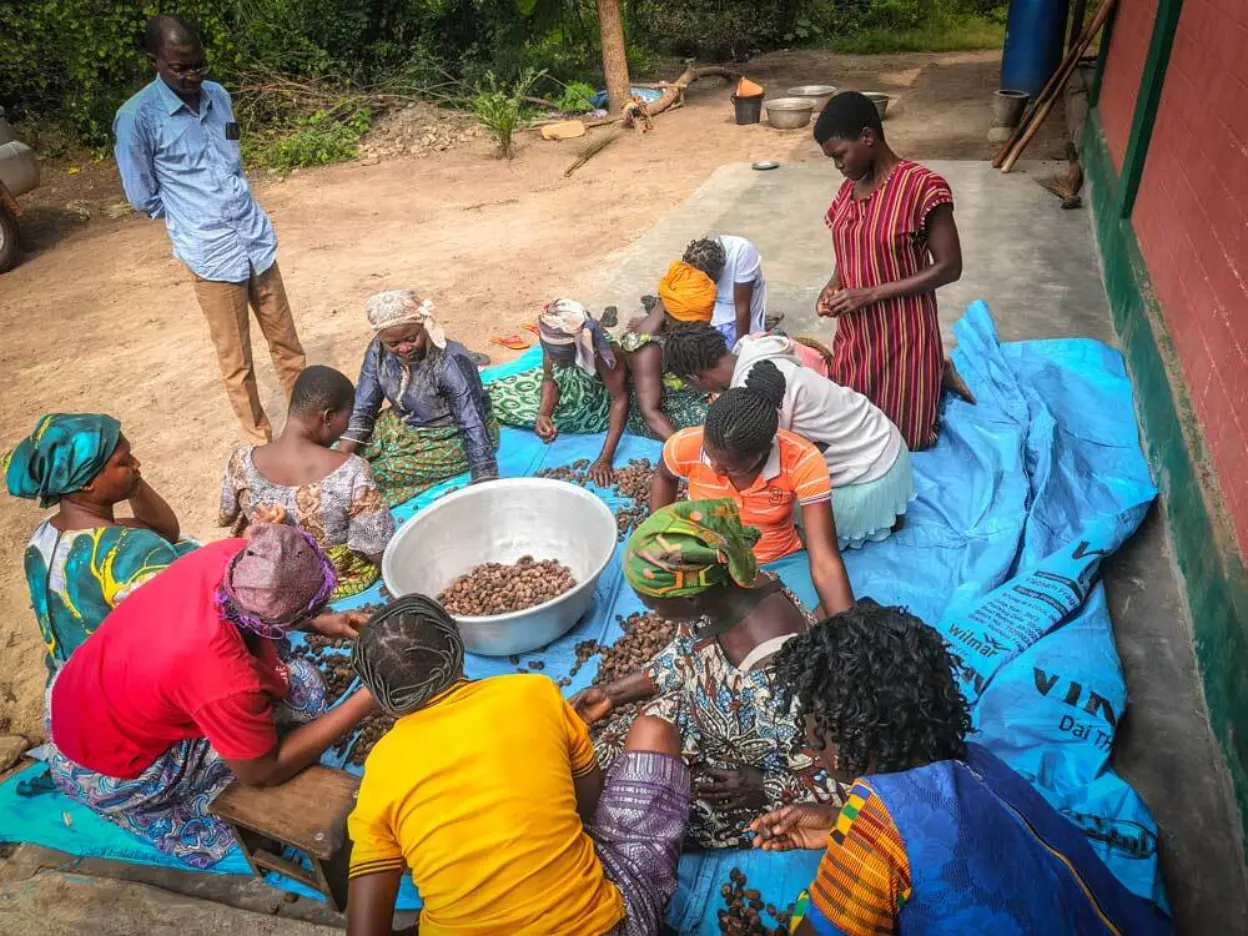

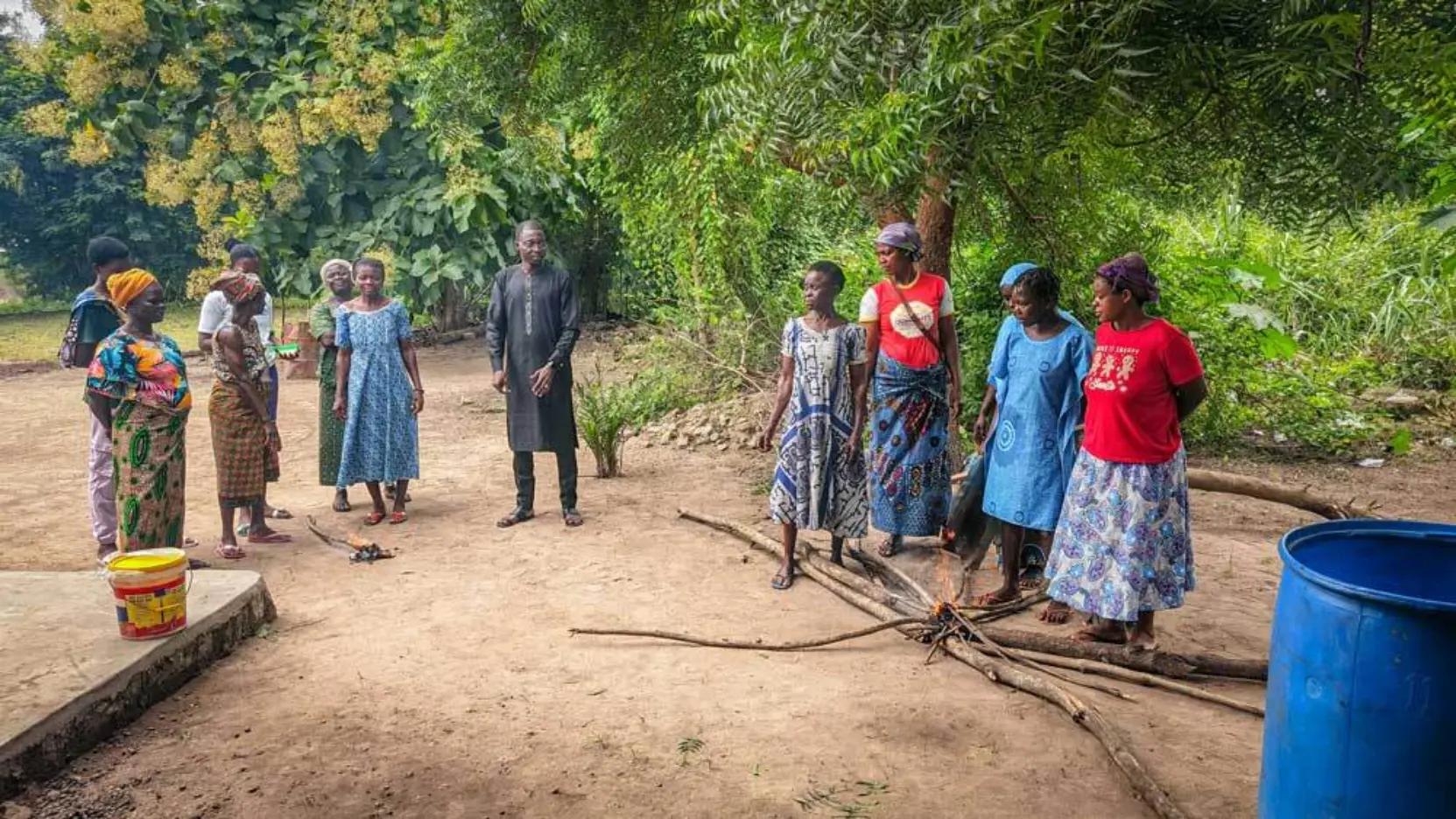
This will also interest you